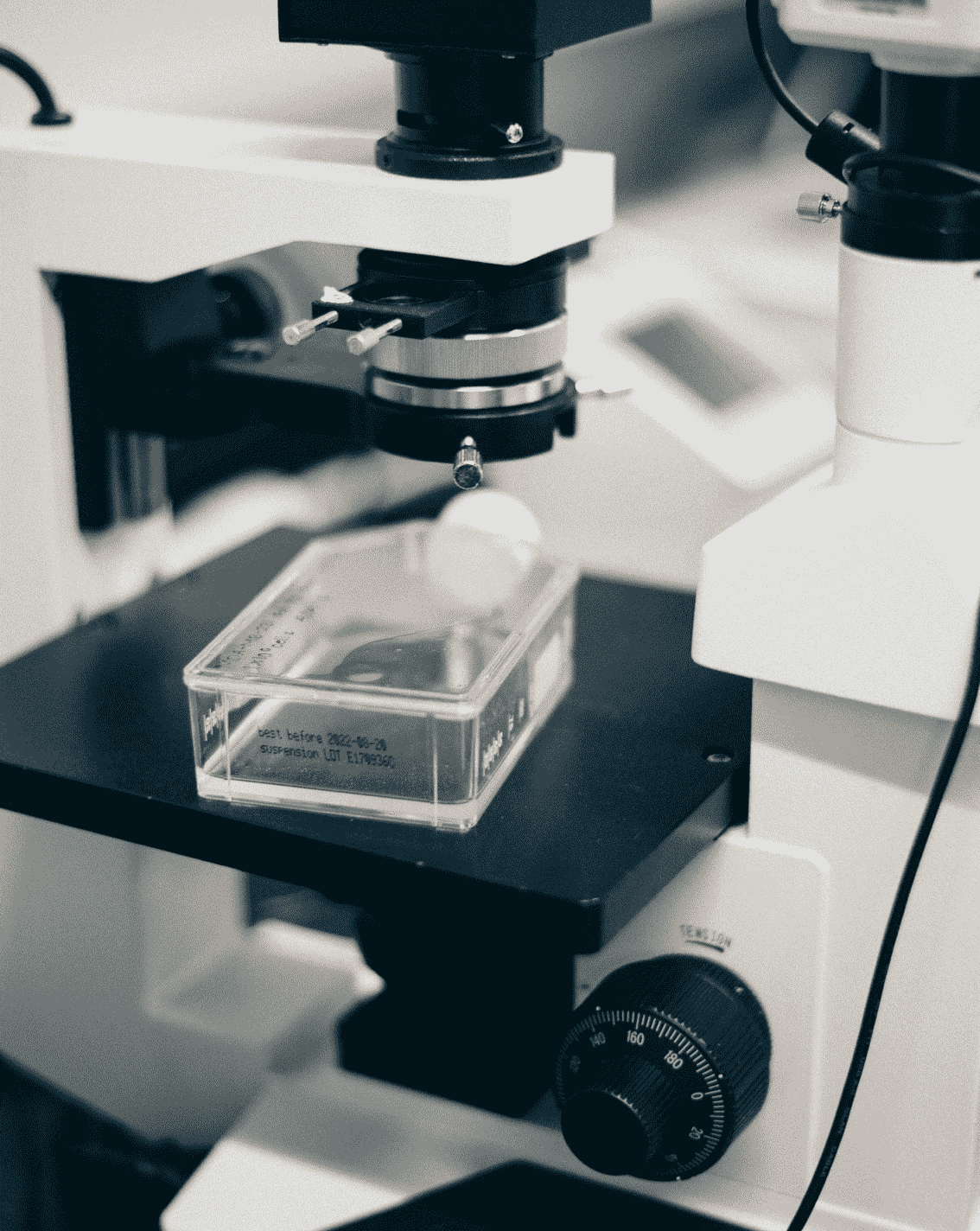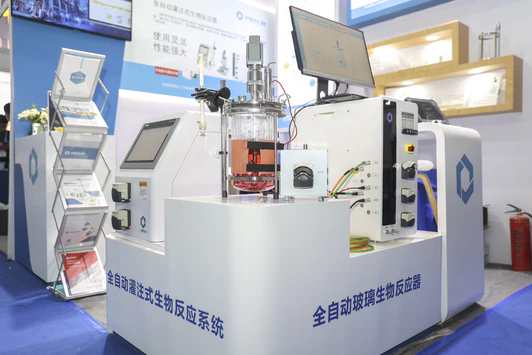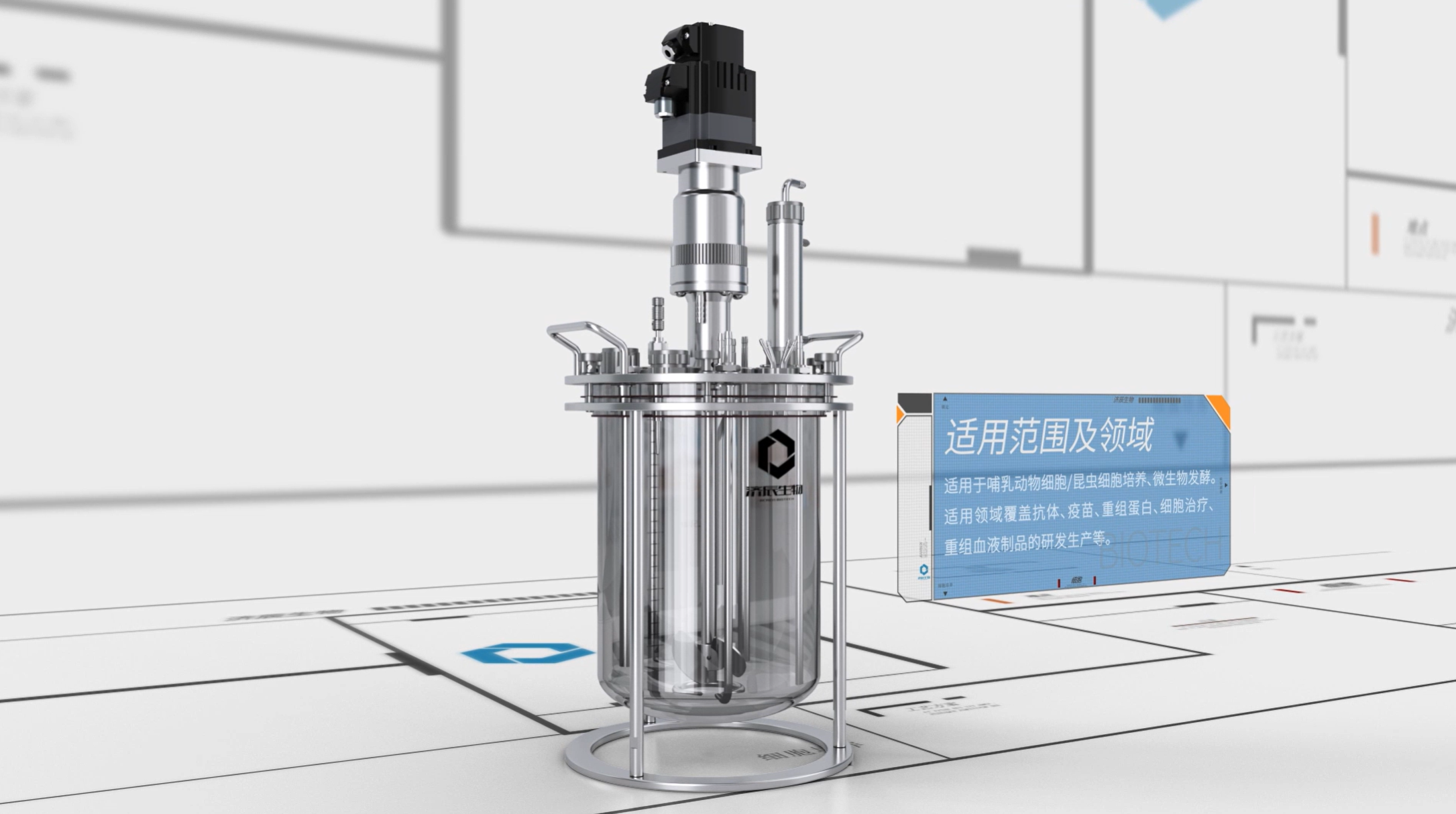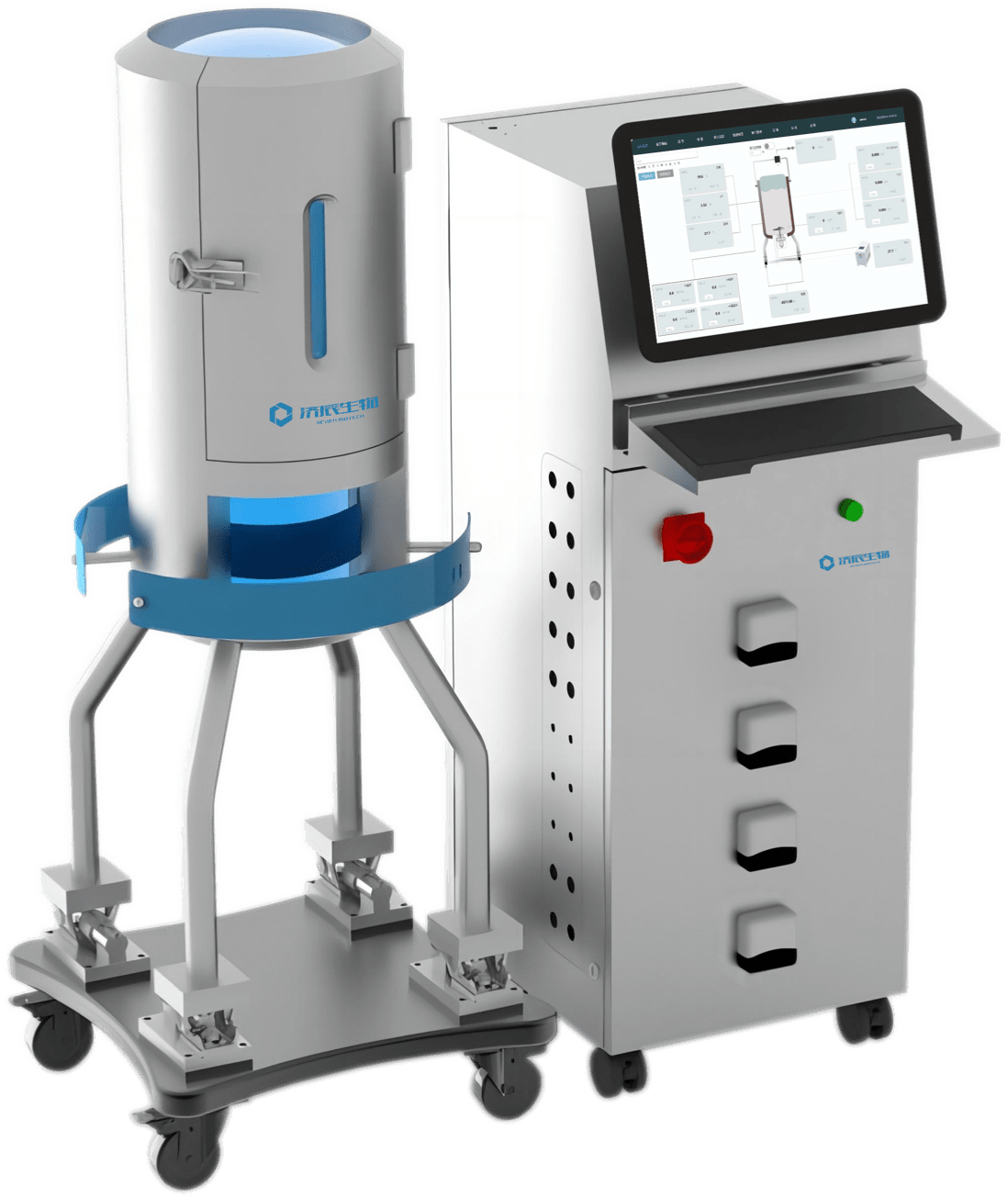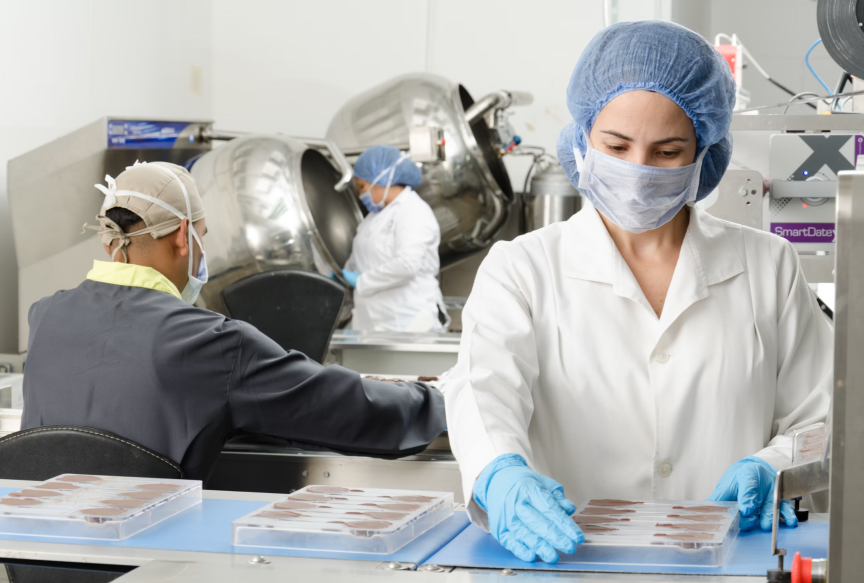The biopharmaceutical industry has witnessed significant advancements in recent years, with the development of innovative technologies and production methods. One such technology that has gained immense popularity is the Wave Bioreactor technology. This groundbreaking technology has revolutionized the way biopharmaceuticals are produced, offering numerous benefits over traditional methods. In this article, we will delve into the details of Wave Bioreactor technology, its advantages, applications, and its role in shaping the future of the biopharmaceutical industry.
What is Wave Bioreactor Technology?
Wave Bioreactor technology is a single-use, closed bioreactor system designed for the cultivation of mammalian cells. It was developed by the Swiss company Wave Biotech AG and is now part of the GE Healthcare Life Sciences portfolio. The technology utilizes a wave-induced agitation mechanism to provide optimal growth conditions for cells, resulting in high-quality biopharmaceutical products.
The key components of a Wave Bioreactor system include a plastic bag (bioreactor bag), a rocking platform, and a control unit. The bioreactor bag, made of a specialized plastic film, serves as the vessel for cell culture. The rocking platform generates a wave-like motion, which agitates the culture medium and oxygenates the cells. The control unit regulates parameters such as temperature, pH, and dissolved oxygen, ensuring a stable and controlled environment for cell growth.
Advantages of Wave Bioreactor Technology
- Simplified Setup and Operation: Wave Bioreactors are easy to set up and operate, requiring minimal training. The single-use nature of the system eliminates the need for time-consuming cleaning and sterilization processes, reducing the risk of cross-contamination.
- Cost-Effectiveness: The single-use bioreactor bag significantly reduces infrastructure and equipment costs compared to traditional stainless steel bioreactors. Additionally, the elimination of cleaning and validation processes further lowers operational expenses.
- Scalability: Wave Bioreactor systems are available in various sizes, allowing for easy scalability from laboratory-scale to commercial-scale production. This flexibility enables manufacturers to adapt to changing market demands and production volumes.
- Enhanced Productivity: The wave-induced agitation mechanism in Wave Bioreactors provides efficient mass transfer, resulting in improved cell growth and productivity. This leads to higher yields of biopharmaceutical products.
- Reduced Footprint: The compact design of Wave Bioreactors requires less space compared to traditional bioreactor systems, making it an ideal choice for facilities with limited infrastructure.
Applications of Wave Bioreactor Technology
Wave Bioreactor technology finds extensive applications in the production of various biopharmaceuticals, including monoclonal antibodies, recombinant proteins, vaccines, and cell therapies. Some of the key applications are:
- Monoclonal Antibodies: Wave Bioreactors are widely used for the production of monoclonal antibodies, which are critical in the treatment of cancer, autoimmune diseases, and other disorders. The technology enables the efficient production of high-quality antibodies, meeting the stringent regulatory requirements.
- Recombinant Proteins: Wave Bioreactors are employed in the production of recombinant proteins, such as insulin and growth factors, which are essential for treating various diseases. The technology ensures consistent and scalable production of these vital proteins.
- Vaccines: Wave Bioreactor technology plays a crucial role in the production of vaccines, including influenza vaccines and COVID-19 vaccines. The ability to rapidly scale up production makes Wave Bioreactors a preferred choice for vaccine manufacturers.
- Cell Therapies: Wave Bioreactors are increasingly being used in the production of cell therapies, such as CAR-T cell therapy and stem cell therapy. The closed system design minimizes the risk of contamination, ensuring the safety and efficacy of these advanced therapies.
Future Perspectives
Wave Bioreactor technology continues to evolve, offering new possibilities for the biopharmaceutical industry. Some of the future trends and developments in this field include:
- Process Intensification: Researchers are working on optimizing Wave Bioreactor systems to further enhance productivity and reduce production times. Techniques such as perfusion culture and tangential flow filtration are being integrated into Wave Bioreactors to improve yields and product quality.
- Advanced Control Systems: The development of sophisticated control systems and software will enable better monitoring and control of bioreactor parameters, leading to more consistent and predictable outcomes.
- Modular and Automated Facilities: The integration of Wave Bioreactor technology with modular and automated manufacturing facilities will facilitate the seamless scaling-up of production, reducing the time to market for new biopharmaceuticals.
